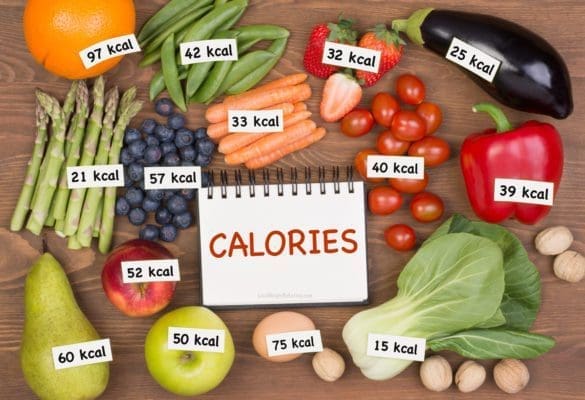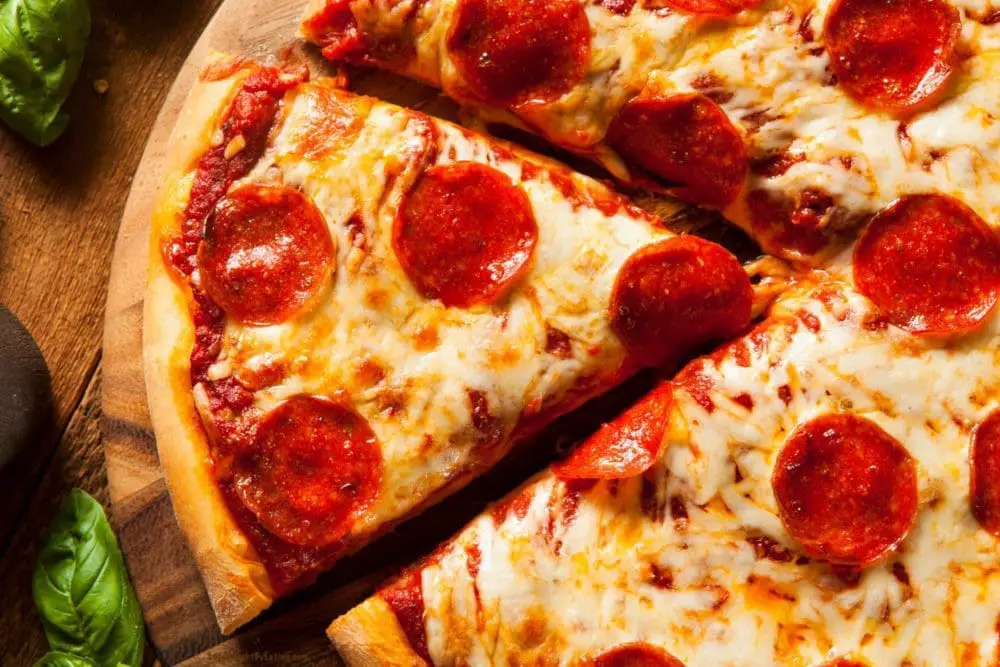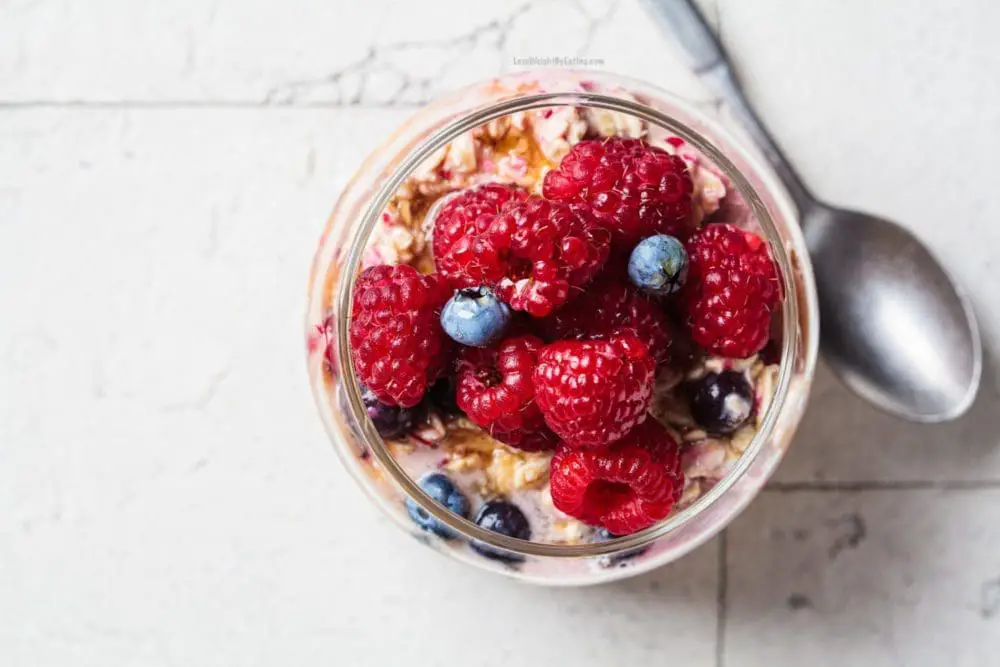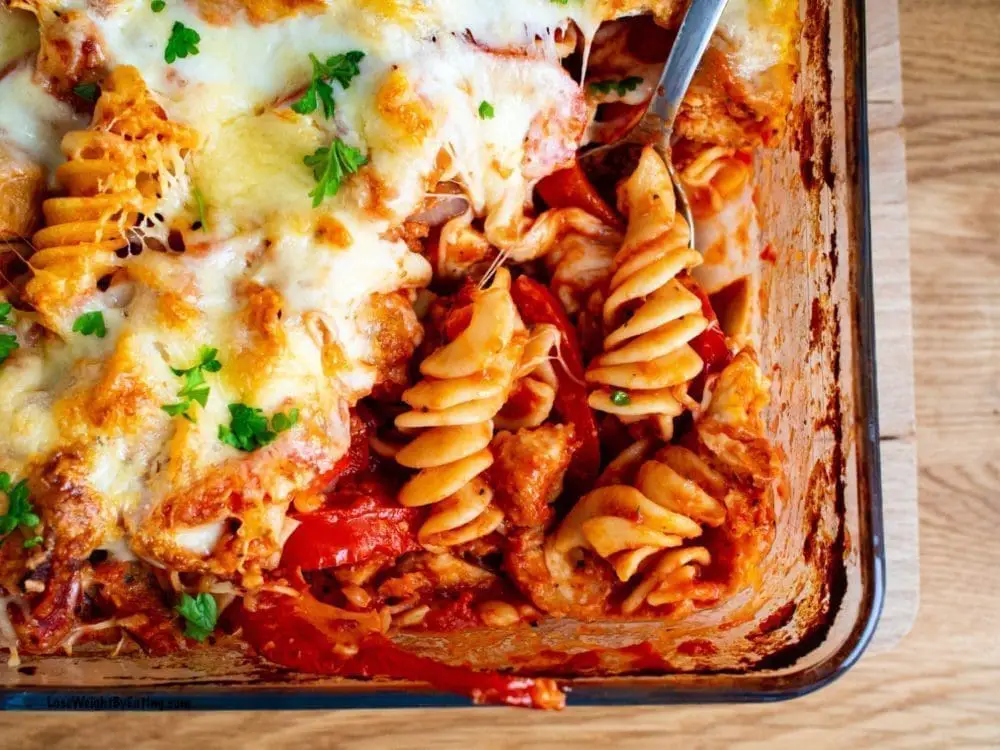Learn the 10 Benefits of Low Calorie Diets plus tips on how to start a low calorie diet. Frequently asked questions and more to help you get started.
Are you looking for a way to improve your health and well-being? One effective strategy is to adopt a low calorie diet.
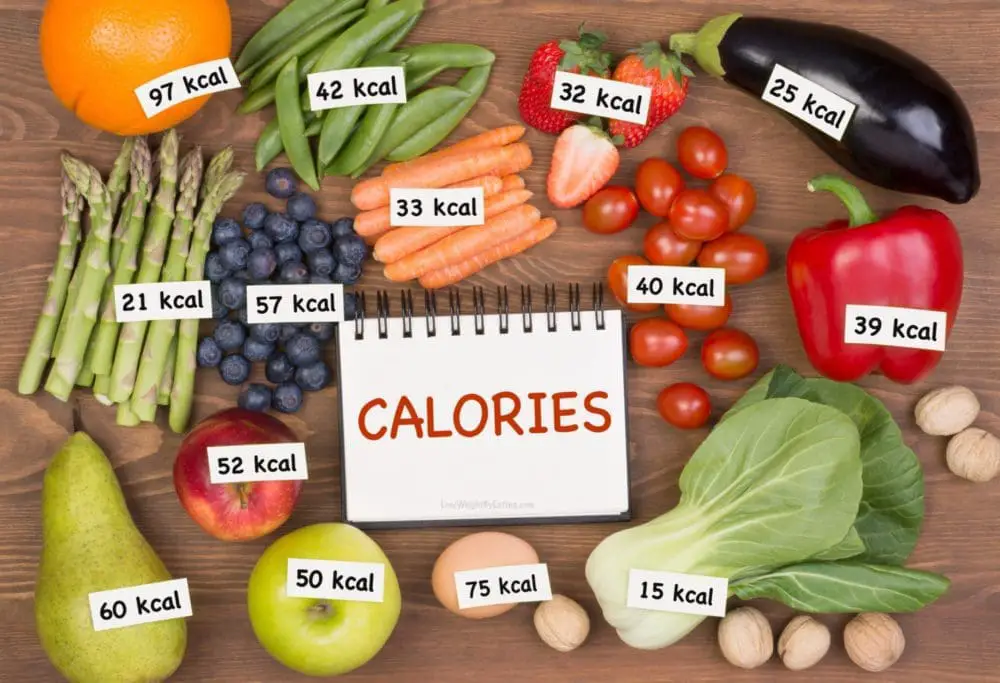

By reducing your caloric intake, you can achieve a variety of health benefits, including weight loss, improved metabolism, and reduced risk of chronic diseases.
In this article, we’ll explore the top 10 benefits of low calorie diets, as well as tips for incorporating them into your lifestyle. Let’s get started.
10 Benefits of Low Calorie Diets:
1. Weight Loss
One of the primary benefits of low calorie diets is weight loss.
When you consume fewer calories than your body burns, you create a calorie deficit that leads to weight loss.
By sticking to a low calorie diet, you can shed excess pounds and achieve a healthier weight.
2. Improved Metabolism
Low calorie diets can also help to improve your metabolism.
When you reduce your caloric intake, your body adapts by becoming more efficient at burning calories.
This can help to boost your metabolism, allowing you to burn more calories throughout the day.
3. Reduced Risk of Chronic Diseases
Research has shown that low calorie diets can help to reduce the risk of chronic diseases such as heart disease, diabetes, and certain types of cancer.
By maintaining a healthy weight and reducing inflammation in the body, you can lower your risk of these and other health problems.
4. Improved Insulin Sensitivity
Low calorie diets can also help to improve insulin sensitivity.
When you consume fewer calories, your body becomes more sensitive to insulin. Which can help to regulate blood sugar levels and reduce the risk of diabetes.
5. Improved Cognitive Function
Studies have found that low calorie diets can improve cognitive function, including memory and concentration.
By reducing inflammation in the brain and promoting the growth of new brain cells. Low calorie diets can help to keep your brain healthy and functioning at its best.
6. Reduced Inflammation
Low calorie diets can also help to reduce inflammation in the body. Which is linked to a variety of health problems, including heart disease, diabetes, and arthritis.
By consuming a diet rich in anti-inflammatory foods, you can help to lower your risk of these and other chronic diseases.
7. Increased Longevity
Research has shown that low calorie diets can increase longevity and improve overall health.
By reducing the risk of chronic diseases and promoting healthy aging. Low calorie diets can help you to live a longer, healthier life.
8. Improved Sleep
Low calorie diets can also improve sleep quality.
By consuming a diet that is rich in nutrients and low in calories, you can help to regulate your body’s natural sleep cycle. Plus you can improve the quality of your sleep.
9. Increased Energy
Low calorie diets can also help to increase energy levels.
By consuming nutrient-dense foods that provide sustained energy throughout the day, you can avoid the energy crashes. These can result from consuming high-calorie, low-nutrient foods.
10. Improved Mood
Finally, low calorie diets can improve mood and reduce symptoms of depression and anxiety.
By consuming a diet that is rich in nutrients and low in processed foods and sugars, you can help to regulate your mood and promote overall mental health.
How to Start a Low Calorie Diet
If you’re interested in starting a low calorie diet, there are a few steps you can take to make the transition easier and more effective:
- Determine your calorie needs: Before starting a low calorie diet, it’s important to determine your daily calorie needs based on your age, sex, height, weight, and activity level. There are many online calculators that can help you estimate your daily calorie needs.
- Set realistic goals: It’s important to set realistic goals for weight loss and to remember that sustainable weight loss is gradual. Aim to lose 1-2 pounds per week and focus on making long-term lifestyle changes.
- Choose nutrient-dense foods: When starting a low calorie diet, it’s important to choose foods that are high in nutrients but low in calories. Fruits, vegetables, lean protein, and whole grains are all good choices.
- Plan your meals: Planning your meals ahead of time can help you to make healthy choices and avoid impulsive decisions. Aim to include a variety of foods in your meals and snacks.
- Incorporate physical activity: Regular physical activity is an important component of a healthy lifestyle and can help to support weight loss. Aim for at least 30 minutes of moderate-intensity activity most days of the week.
- Monitor your progress: Keep track of your progress by weighing yourself regularly and taking measurements. This can help you to stay motivated and track your progress over time.
By following these steps and working with a healthcare professional, you can start a low calorie diet that meets your nutritional needs and fits your lifestyle. Remember to listen to your body’s needs and to make gradual changes for sustainable results.
Frequently Asked Questions (FAQ)
Low calorie diets can be safe and effective when done correctly. It’s important to consult with a healthcare professional before starting any new diet, and to ensure that you are consuming enough nutrients to support your overall health.
The speed at which you see results from a low calorie diet will depend on a variety of factors, including your starting weight, activity level, and overall health. It’s important to remember that sustainable weight loss is gradual and may take time, but by sticking to a low calorie diet and incorporating exercise into your routine, you can achieve long-term results.
It’s possible to sustain a low calorie diet long-term, but it’s important to make sure you’re consuming enough nutrients to support your overall health. Consulting with a healthcare professional and working with a registered dietitian can help you to create a sustainable eating plan that meets your nutritional needs and fits your lifestyle.
Yes! While it’s important to consume nutrient-dense foods on a low calorie diet, you can still enjoy your favorite foods in moderation. Incorporating small indulgences into your diet can help you to stay on track and avoid feelings of deprivation. Plus here at Lose Weight By Eating we have low calorie versions of all your favorite foods!
Yes! Exercise is an important component of a healthy lifestyle and can help to support weight loss and overall health. Be sure to consult with a healthcare professional before starting any new exercise program.
By incorporating a low calorie diet into your lifestyle and making healthy choices, you can achieve improved health and well-being.
Remember to consult with a healthcare professional before starting any new diet or exercise program, and to listen to your body’s needs throughout the process.
With dedication and perseverance, you can achieve your health goals and enjoy the many benefits of a low calorie diet.
Top 10 Low Calorie Recipes
Here at Lose Weight By Eating I have written 100’s of low calorie recipes to help you feed your cravings in a healthy new way. Here are the 10 most popular low calorie recipes.
Final Notes on Low Calorie Diets
Low calorie diets offer numerous health benefits, including weight loss, improved metabolism, and reduced risk of chronic diseases. By incorporating more nutrient-dense, low-calorie foods into your diet, you can reap the rewards of a healthier lifestyle.
It’s important to remember that low calorie diets should be approached with caution, and that it’s essential to consult with a healthcare professional before starting any new diet or exercise program. By working with a qualified professional, you can ensure that you are consuming enough nutrients to support your overall health and well-being.
Incorporating more whole, unprocessed foods into your diet, such as fruits, vegetables, lean protein, and whole grains, can help you to achieve the benefits of a low calorie diet without sacrificing taste or satisfaction.
So, what are you waiting for? Start exploring the many benefits of low calorie diets today and discover a healthier, happier you!
What to Read Next:
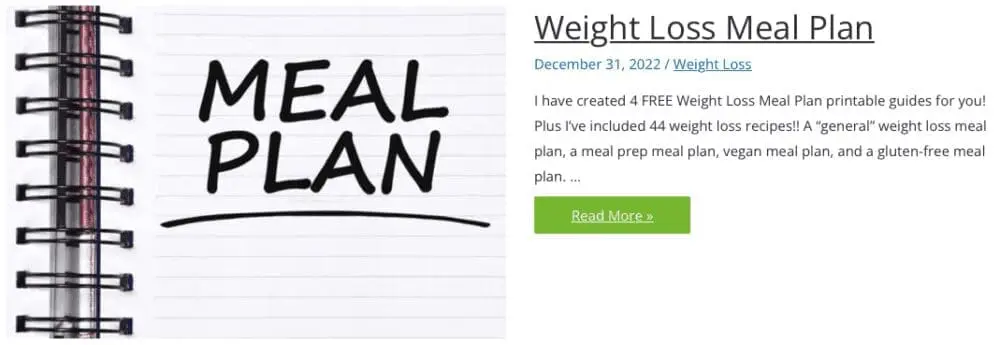





Lose Weight By Eating Cookbooks


Share this Low Calorie Diet Article:


